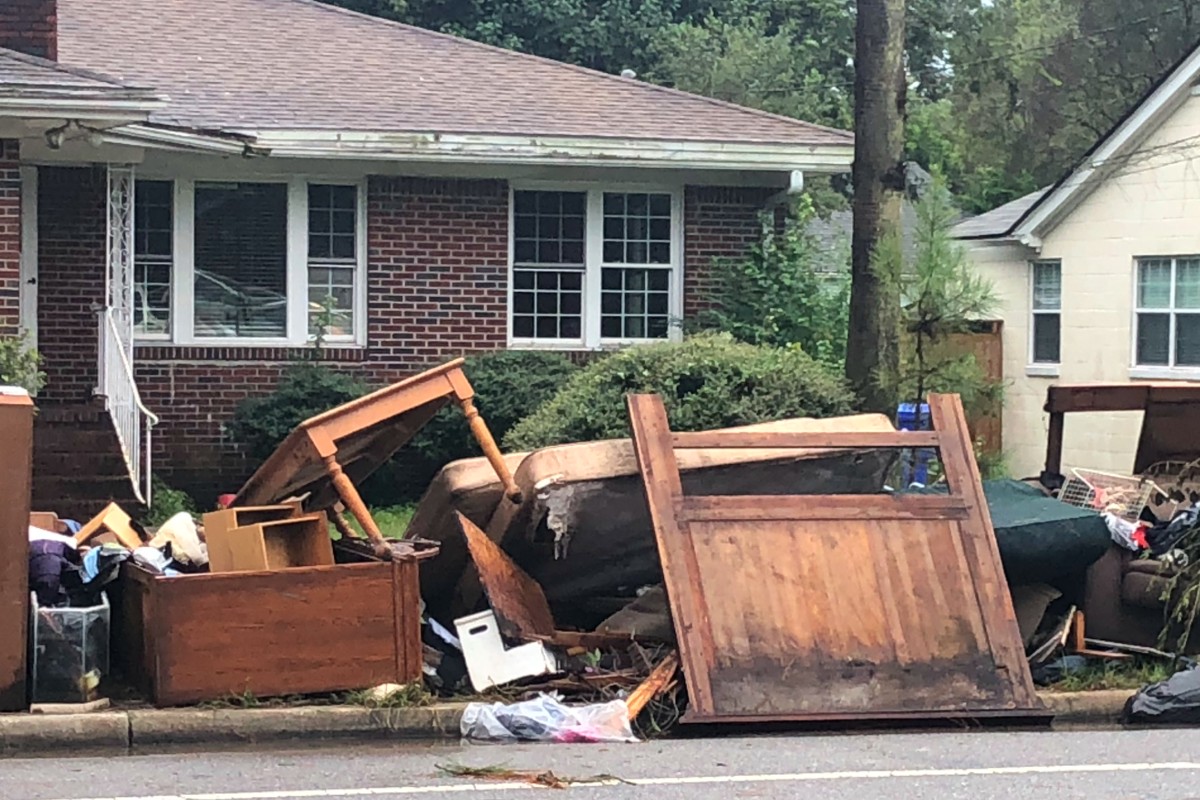By Skyler Baldwin | A local mattress manufacturer and retailer has helped to keep more than 125,000 mattresses out of landfills through aggressive recycling and disposal procedures.
K.C. Rennie told the Charleston City Paper last week that his company, The Charleston Mattress, started Bedshred six years ago after seeing the impact that discarded mattresses had on landfills. It now works with Nine Lives Recycling in Pamplico, S.C., where the materials are stored and processed.
“We started BedShred mainly as a way to dispose of old mattresses whenever we delivered new ones through The Charleston Mattress, just because we didn’t want to keep taking them to the landfill,” Rennie said. “They’re torn down, destroyed and never used in new mattresses — the foam becomes carpet padding and the metal goes to the scrapyard and the wood disappears real quick.”
The wood from boxsprings is given away — often making its way into various reclamation projects, according to BedShred’s website.
The pandemic has been a boon for some home-furnishing companies, including direct-to-consumer online mattress vendors. Sales in 2020 were up 30 percent year-over-year, according to one expert who spoke with USA Today.
One thing you don’t get with an online mattress order? The haul-away service of your old mattress you might get if you order from a brick-and-mortar store, leaving you with an old mattress that heads straight to the landfill if you leave it for collection on the curb.
That’s where BedShred comes in. Rennie said, many of her customers are actively looking for a better way to get rid of their old mattress.
“I would say 40 percent of BedShred is people wanting to dispose of their mattress the right way, who don’t want to see the metal go to waste and buried,” he said.
The numbers are good news for landfills, which face big challenges from improper mattress disposal. They take up more than their fair share of space because they’re difficult to compact, clog machinery and create large soft spaces that can turn into sinkholes after filling, according to the Green Business Bureau.
This story first appeared in the Charleston City Paper. Have a comment? Send to: editor@charlestoncurrents.com.




 We Can Do Better, South Carolina!
We Can Do Better, South Carolina!
























